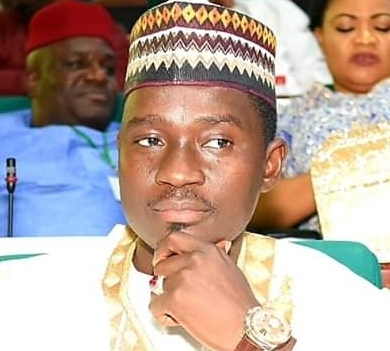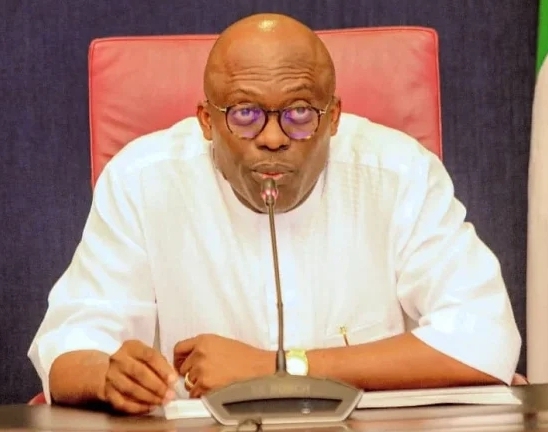Flagging off the distribution exercise for Gusau and Tsafe Local Government Areas in Gusau on Thursday, the State Chairman, the Peoples Democratic Party (PDP), Dr Jamilu Jibo-Magayaki lauded the lawmaker for the gesture.
Jibo-Magayaki said: “On behalf of the state PDP leadership, we appreciate the lawmaker for providing food items to the people at grassroots.
“This is a good representation, I am using this medium to call on other elected and political office holders to emulate Maipalace by providing economic intervention to the electorate,” Jibo-Magayaki said
In his remarks, Maipalace who is the Chairman House Committee on Sports Development, said the gesture was aimed at providing succour to his constituents, especially in the current economic hardship in the month of Ramadan.
He said every package for each household comprised 50kg bag of Rice, Spaghetti, Indomie, Macaroni, Milk, Suger and Egg.
“We procured assorted food items worth millions of Naira to be distributed to my constituents to enable them perform Ramadan fast with ease.
“We targeted to reached out to 5,000 households from various groups of people in the state.
“We will spend 10 days in this distribution exercise, we are expecting to give package to 500 households daily,” he added.
According to him, the beneficiaries comprised State and Local Government officials of PDP, politicians and religious and community based organisations, security agents and media organisations.
He said: “Other beneficiaries are; persons with disability, orphans, less privileged and vulnerable groups, women groups, religious and community leaders.”
In her remarks, the National Ex-Officio of the PDP, Hajiya Kulu Master described the gesture by the lawmaker as a good economic intervention.
Some of the beneficiaries, Sabi’u Sani and Halimatu Muhammad, who spoke to journalists at the event, expressed gratitude to the lawmaker for easing their condition in the holy month of Ramadan.(NAN)










